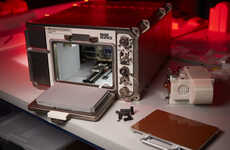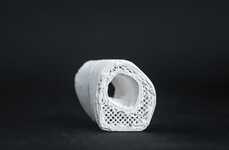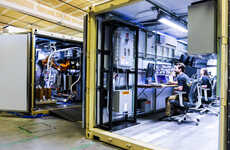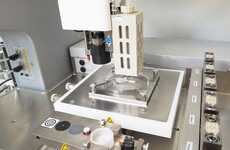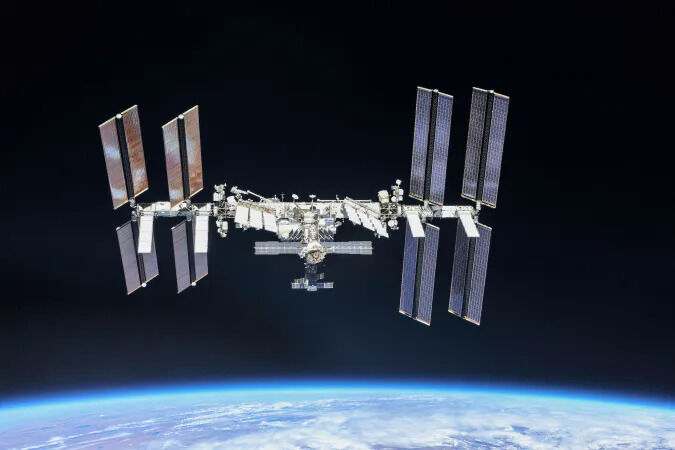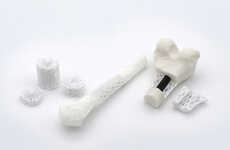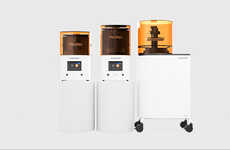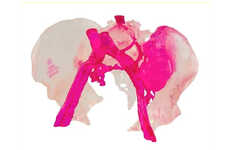
NASA, Redwire, and 4DBio3 are Sending a New 3D Printer to a Station
It has been a consistent study that bioprinted body parts could be a progressive new health solution for future medical treatments and the latest project to dive into this comes from the minds of NASA, Redwire, and 4DBio3. 4DBio3 is also known as the Uniformed Services University of the Health Sciences Center for Biotechnology.
The trio is sending a new 3D printer to the International Space Station, which is Redwire's BioFabrication Facility. It is aiming to bioprint a human knee meniscus whilst in orbit in order to properly examine it back on Earth with the mission to work towards treatments for meniscal injuries that are often experienced by US soldiers. The printer will be flying to the ISS from November 6th at the Wallops Island Spaceport.
Image Credit: NASA, Roscosmos, Handout
The trio is sending a new 3D printer to the International Space Station, which is Redwire's BioFabrication Facility. It is aiming to bioprint a human knee meniscus whilst in orbit in order to properly examine it back on Earth with the mission to work towards treatments for meniscal injuries that are often experienced by US soldiers. The printer will be flying to the ISS from November 6th at the Wallops Island Spaceport.
Image Credit: NASA, Roscosmos, Handout
Trend Themes
1. 3D Bioprinting - The trend of using 3D bio-printers for medical applications offers a disruptive opportunity for the healthcare industry to revolutionize the way medical treatments are provided and personalized.
2. Space-based Medical Research - The trend of space research for medical purposes offers a disruptive opportunity for the healthcare industry to make significant progress in developing treatments for various health issues that can benefit from a microgravity environment.
3. Bioprinting in Extreme Conditions - The trend of using bioprinting technology in extreme environments like space provides an opportunity for innovation in materials science, hardware design, and software development to improve existing 3D printing processes.
Industry Implications
1. Healthcare - The healthcare industry can leverage 3D bio-printing technology to develop personalized medical treatments and accelerate drug discovery research.
2. Space Exploration - The space industry can utilize bioprinting technology to conduct medical research in microgravity that can lead to the development of new treatments and therapies for various health issues.
3. Defense - The military can benefit from bioprinting technology to accelerate the development of medical treatments that can help treat soldiers injured in combat and reduce the recovery time needed for such injuries.
2.2
Score
Popularity
Activity
Freshness

